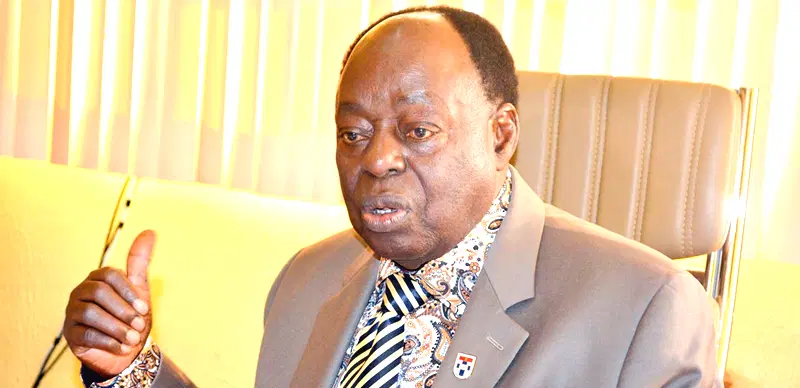The discussions surrounding the Dangote Refinery and its relationship with the Federal Government and regulatory bodies, such as NNPC and NIMDRA, have raised significant concerns about the state of the petroleum sector in Nigeria. The articles you referred to provide detailed insight into what appears to be a web of corruption and mismanagement within the petroleum industry, especially post-2016. They highlight the crude oil swap for PMS, which seems to have created an imbalance between what Nigeria should be consuming and what is being accounted for.
The revelations underscore the urgency for transparency and accountability in the Nigerian petroleum sector, particularly as it relates to the crude oil swap deal, subsidy payments, and the sabotage of local refining efforts like the Dangote Refinery. The fear that such monumental fraud may have been ongoing for years poses a challenge for the current administration, and it becomes critical for the leadership, including regulatory bodies, to act swiftly to address these issues.
Furthermore, the allegations of efforts to discredit Dangote Refinery, both through false environmental claims and potentially organized protests, suggest that vested interests are at play, possibly attempting to protect the current importation regime that benefits certain individuals. The calls for protection and support of Dangote Refinery, hailed as a potential game-changer for Nigeria’s economy, highlight the public’s demand for a shift towards self-sufficiency in refining and an end to exploitative practices in the sector.
The comments from various contributors reflect frustration with the perceived inefficiencies and corruption within the regulatory system and a call for more effective leadership and oversight to ensure that Nigeria’s resources are managed transparently and in the best interests of its citizens.

